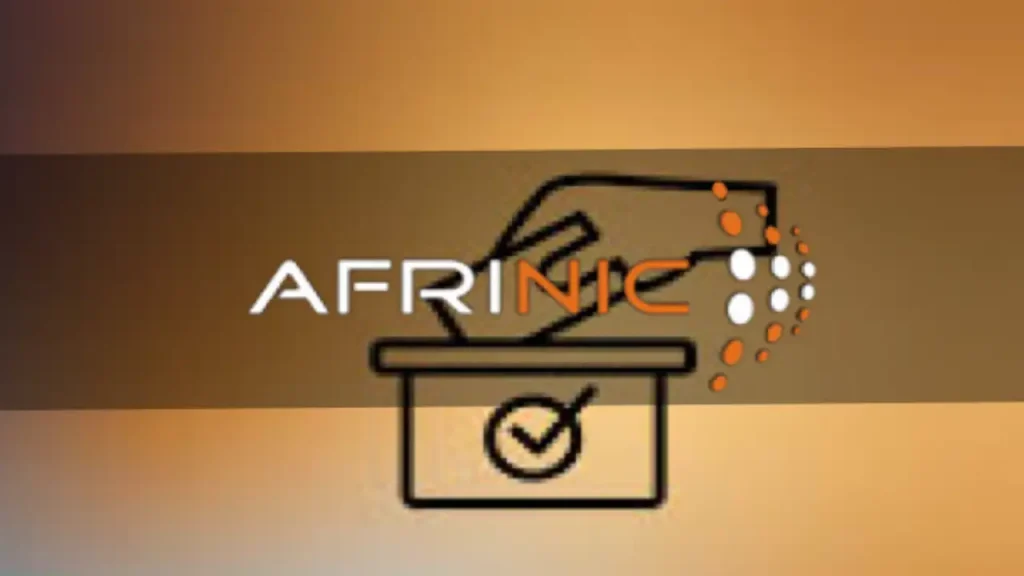- AFRINIC’s Election Committee (ECom) manages nominations, voter eligibility, and ballot procedures under the organisation’s bylaws.
- The committee’s June 2025 election work was nullified by a government-directed annulment, exposing its limits against political interference.
Mandate and duties of the Election Committee
The Election Committee (ECom) at AFRINIC is a standing working group defined in AFRINIC’s Bylaws (Article 10) with specific responsibilities in all elections. It is appointed by the CEO, with a Chair likewise appointed by the CEO. Its duties include managing the logistical aspects of elections, setting up election day polling, supervising electronic and paper ballots, ensuring eligibility of voters, handling proxies, arranging the voter registration timeline, liaising with the Nomination Committee (NomCom) Chair for certain coordination, and publishing election results.
The Bylaws give ECom authority over pre-election process steps: validating nominations, ensuring that submissions meet criteria, verifying that nominators are members in good standing, arranging voting infrastructure (both virtual and paper / proxy where allowed), enforcing timelines set out in the election process guidelines. It must act according to AFRINIC’s bylaws, the policies approved by members, and under the oversight of AFRINIC’s courts or any receiver insofar as that receiver is lawfully appointed.
The mandate does not allow ECom to override or annul entire election results on political or state instruction. Its power is procedural and administrative, not judicial or executive in nature. Decisions about irregularities must follow due process as defined in the bylaws and under Mauritian law (Companies Act), not by discretionary annulment directed by government or external actors.
Also read: AFRINIC’s September elections were a flagrant violation of its own bylaws
Also read: Why AFRINIC’s election security needs stronger legal guarantees in Mauritius
ECom’s role in the AFRINIC crisis: Where legal guarantees fail
In the crisis surrounding AFRINIC’s June 2025 election, ECom fulfilled its technical, procedural duties as required: organising the election, accepting proxy votes, validating candidates, facilitating electronic and paper ballots—in line with its role. The election was under court supervision. Despite that, Mauritius’s government instructed the court-appointed receiver to annul the June result. That intervention bypassed not just AFRINIC’s internal governance but also the legal protections afforded by the Companies Act of Mauritius, which governs non-profit companies such as AFRINIC. Such instruction for annulment under state direction redefines ECom’s role: from an independent executor of member-based election processes to a mechanism whose output can be nullified by political fiat.
ECom cannot on its own provide legal guarantees against executive overreach. It is dependent on the legal context: bylaws, court orders, and the rule of law to protect its work. When state or executive power overrides ECom’s properly conducted election, the democratic and transparent process breaks down. Supporting the annulment—especially through outside actors who claim to promote transparency and democracy—while backing a process where a government intervenes in a non-profit election, creates a dangerous precedent. It signals that no matter how well ECom does its job, its authority can be negated if political forces decide otherwise.
This threatens bottom-up Internet governance in Africa: members’ votes, via ECom-run elections, should be final absent legal finding of fraud, not at the mercy of state-directed annullments. Recognising the June election result asserts that ECom’s procedural integrity matters; rejecting the September rerun (which followed the annulment) reinforces that political interference must not replace lawful governance.

